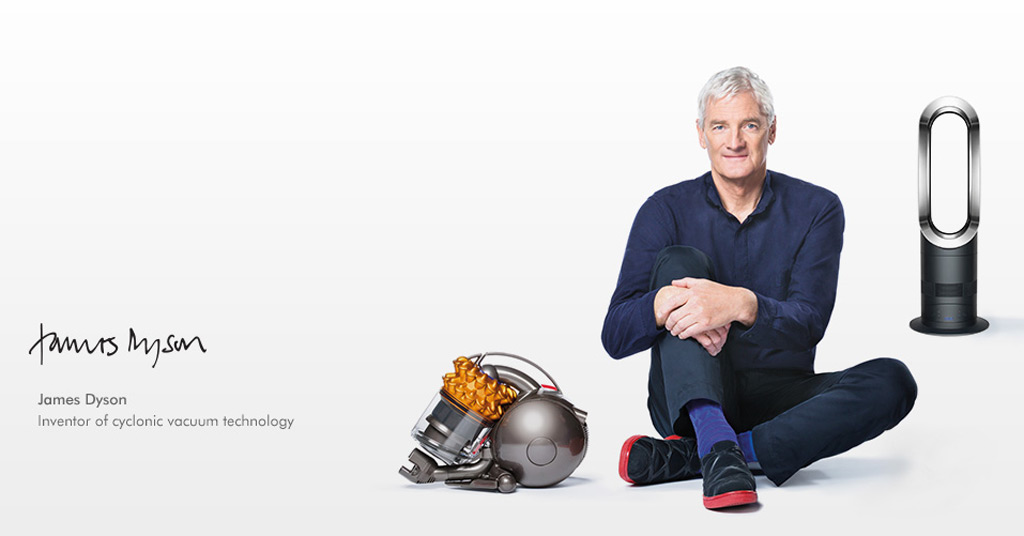Dyson, you might say, has gone back to the vacuum—and to many other things. But not cars.
In an update yesterday that now occupies what formerly was a teaser for the automotive project, James Dyson, the company’s founder, called the car they’d developed “fantastic,” yet explained that “though we have tried very hard throughout the development process, we simply cannot make it commercially viable.”

James Dyson
Dyson pointed to a decision by the company’s board to, as he put it, “propose the closure” of the project.
“I wanted you to hear directly from me that the Dyson Board has therefore taken the very difficult decision to propose the closure of our automotive project,” said Dyson, who added: “This is not a product failure, or a failure of the team, for whom this news will be hard to hear and digest. Their achievements have been immense—given the enormity and complexity of the project.”
The project had been a shocker from the start. The company, well-established for its vacuums, emerged two years ago with news that it was working in earnest on a complete electric car, one with solid-state battery technology, advanced materials, new motor tech, and innovative packaging.

Dyson Automotive Manufacturing facility - Singapore - rendering
Dyson drew executives from Aston Martin and Tesla, and just earlier this year poached Infiniti President Roland Keueger. The company was planning to build a huge test-track facility as well as an office building, specifically for the project, that could accommodate 2,000 people.
The company acquired solid-state battery tech company Sakti3, and then walked away from that technology in favor of another one it has reportedly developed internally. It was also working on its own motor technology, and its first product was shaping up to look a lot like a Tesla Model X rival, albeit with fewer frills.

Patent drawing for Dyson electric car due in 2021
James Dyson emphasized that it will continue to expand its facilities in Malmesbury, Hullavington, and Singapore, among others, which had all been linked to automotive operations.
“We will also concentrate on the formidable task of manufacturing solid state batteries and other fundamental technologies which we have identified: sensing technologies, vision systems, robotics, machine learning, and AI offer us significant opportunities which we must grab with both hands,” said Dyson.
Startup electric automakers: Be forewarned. It isn’t easy. But there might be some good solid-state battery opportunities, and motor designs available for licensing.













